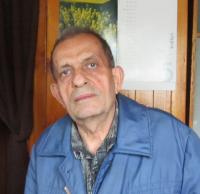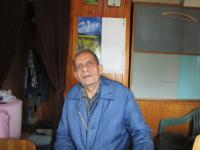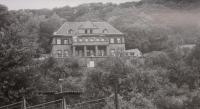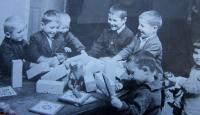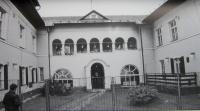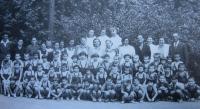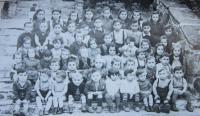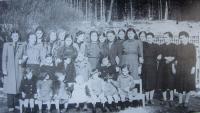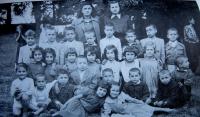Mom told us that it would be just a little while and that as soon as Greece was liberated, we would return home

Download image
Nikoalos Liontu was born in 1939 in the village of Omorfokklisia (Galista in Macedonian) in northern Greece. He is a Slavic Macedonian and his mother tongue is Macedonian, not Greek. In the 1940s he and his family became victims of military conflicts in Greece. His father Georgios died at the end of WWII after being hit by a grenade from a British warship. Little Nikoalos, his mother and his two younger brothers then left their native country due to the civil war and were sent to Czechoslovakia. Nikoalos lived in several children’s homes, spending the longest amount of time in the children’s home in Sobotín. Without his mother’s approval, his surname was changed by Czechoslovak authorities in order to sound more Slavic. In 1982 he returned to his original surname, because the Macedonian name caused him troubles when applying for a visa for Greece. After finishing school he learned the car mechanic’s trade and he remained faithful to this profession until his retirement. Today he lives in Šumperk.
